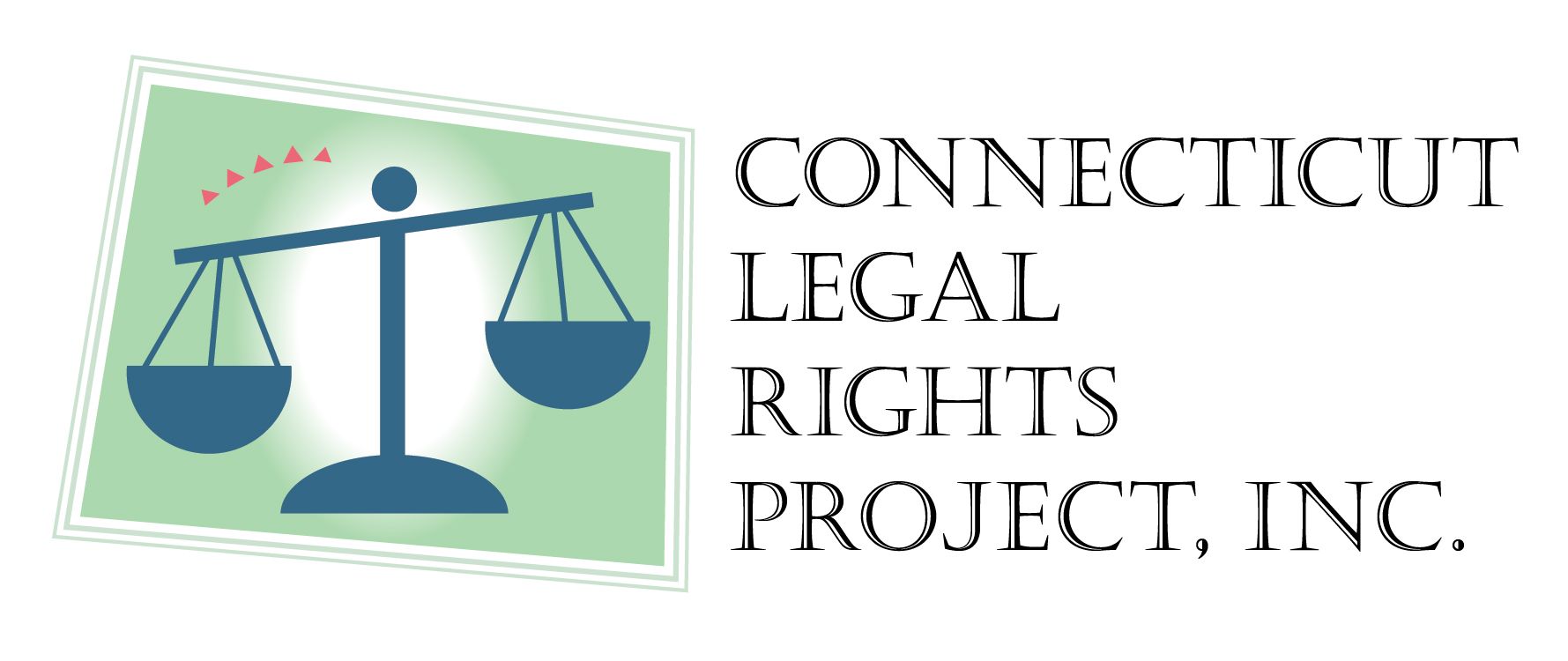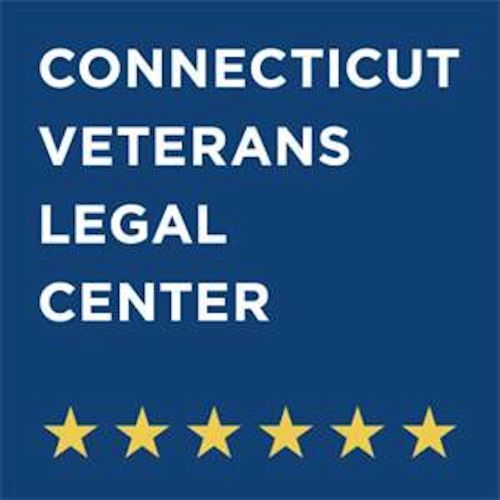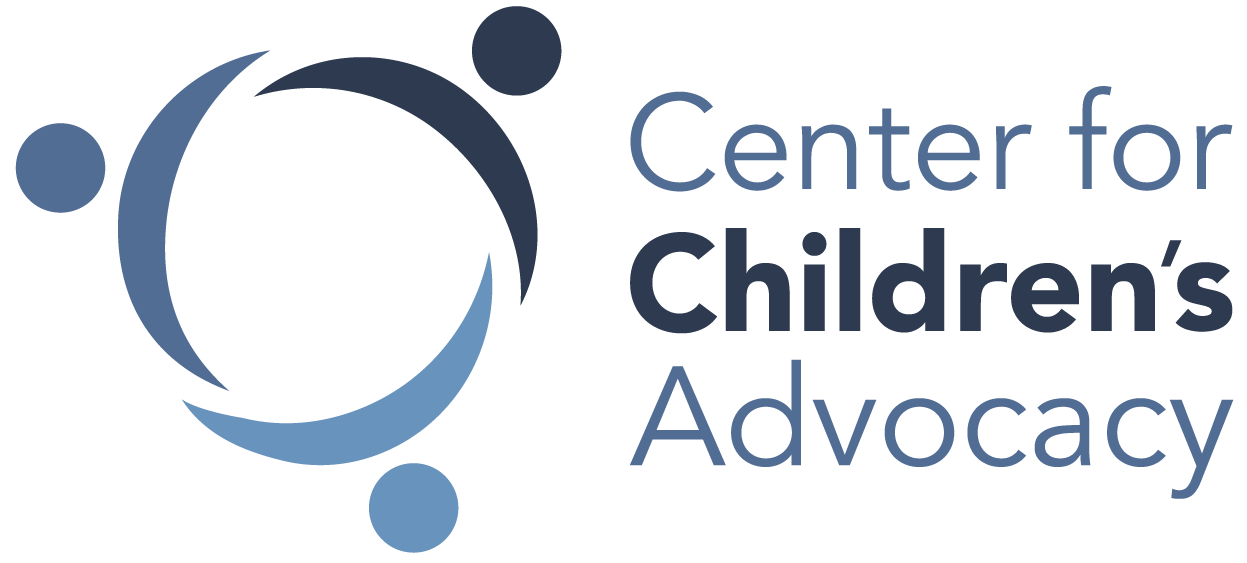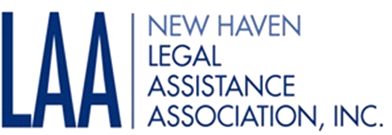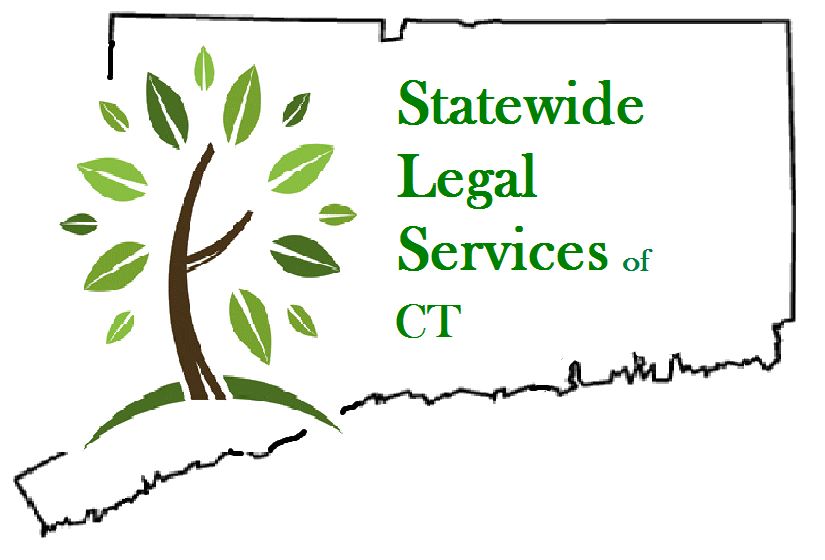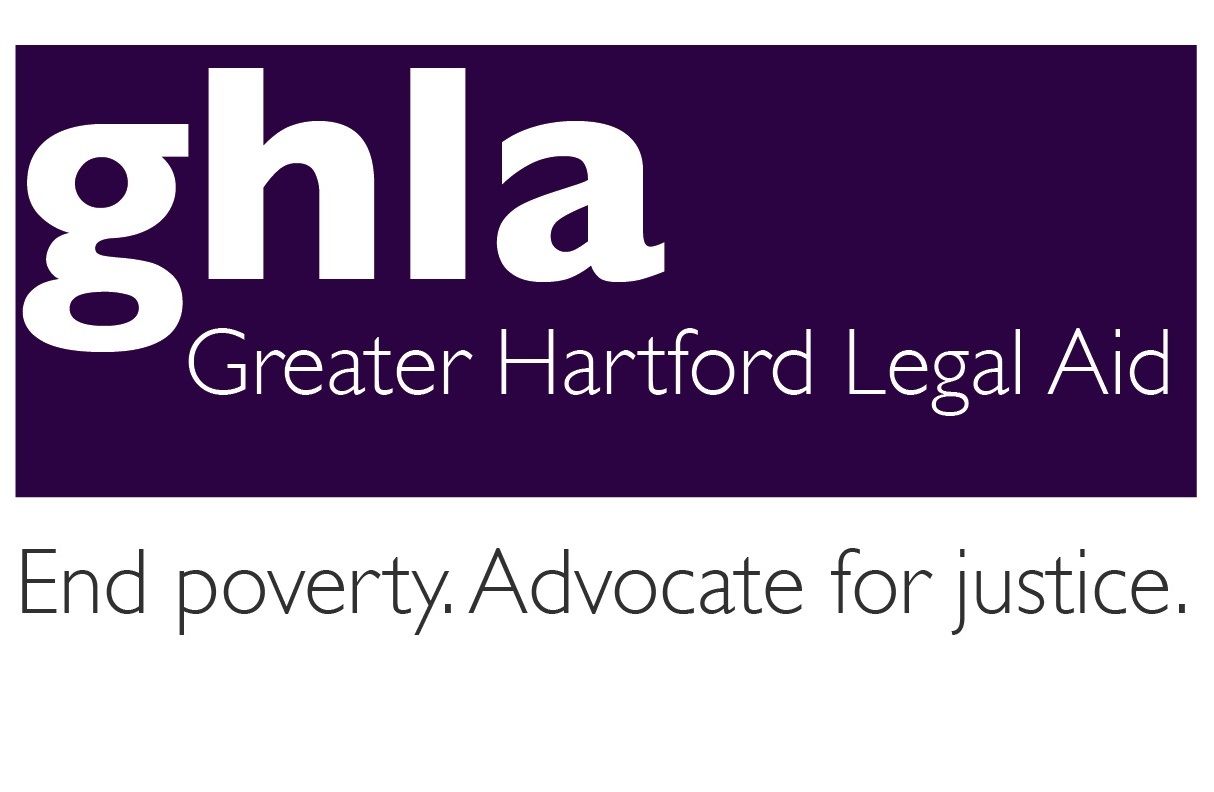2023 Kravitz Symposium Speaker Information
-
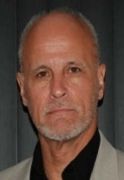 Joseph Carvalko
Joseph CarvalkoJoseph Carvalko is a technologist, patent lawyer, and author. As a lawyer he has worked as a patent prosecutor, litigator and corporate counsel. As an engineer he has worked in biotechnology, radar, optical tracking systems and artificial intelligence. During his career, he has been awarded eighteen patents. Throughout his career he has authored over ten books consisting of academic books on technology, law and works of fiction and poetry. His latest book, Conserving Humanity at the Dawn of Posthuman Technology, provides an up-to-date account of AI and genetic engineering from a technical, historical, and ethical perspective as well as expectations for their future development. Currently he is Chairman, Technology and Ethics Working Research Group, Interdisciplinary Center for Bioethics, Yale University, and an Adjunct Professor of Law at Quinnipiac University, School of Law, teaching Law, Science and Technology. He is a member IEEE Society on Social Implications of Technology and Publications Board member, IEEE Transactions on Technology and Society. He holds a BS Electrical Engineering, and a Master Fine Arts from Fairfield University, and holds a JD from Quinnipiac University.
-
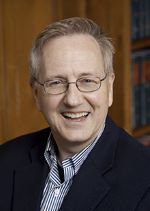 Professor William Eskridge, Jr.
Professor William Eskridge, Jr.Professor William N. Eskridge, Jr. is the Alexander M. Bickel Professor of Public Law at Yale Law School. He received his B.A., summa cum laude, from Davidson College in 1973 and his Masters in History from Harvard University in 1974. Professor Eskridge earned his J.D. from Yale Law School, where he was the Note & Topics Editor of The Yale Law Journal (1977-78). After clerking for Judge Edward Weinfeld and practicing law at Shea & Gardner, he became a law professor. His primary academic homes have been the Georgetown University Law Center (1987-98) and the Yale Law School (1998-present), but Professor Eskridge has also taught at NYU, Stanford, Toronto, Pennsylvania, Harvard, Columbia, Virginia, and Vanderbilt.
His primary legal academic interest has been statutory interpretation. Together, Professor Eskridge and Professor Philip Frickey (a friend from Shea & Gardner) developed an innovative casebook on Legislation. Professor Eskridge has also published Dynamic Statutory Interpretation (Harvard 1994) and several dozen law review articles (many with Frickey) on statutory interpretation theory and practice. Professors Eskridge and Frickey's project has been to understand the dynamics of statutory evolution, and the proper methodology judges should apply when construing statutes.
In 1990-95, Professor Eskridge represented a gay couple suing for recognition of their same-sex marriage. Since then, he has published a field-establishing casebook on sexuality, gender, and the law (with Nan Hunter, now in its fifth edition); three monographs, and dozens of law review articles articulating a legal and political framework for proper state treatment of sexual and gender minorities. The historical materials in his book on Gaylaw: Challenging the Apartheid of the Closet (Harvard 1999) formed the basis for an amicus brief he drafted for the Cato Institute and for much of the Court’s (and the dissenting opinion’s) analysis in Lawrence v. Texas (2003), which invalidated consensual sodomy laws.
Professor Eskridge’s recent books include Marriage Equality: From Outlaws to In-Laws (Yale 2020, ABA Silver Gavel) (with Christopher Riano); Interpreting Law: A Primer on How to Read Statutes and the Constitution (Foundation 2016); A Republic of Statutes: The New American Constitution (Yale 2010) (with John Ferejohn); Dishonorable Passions: The Crime Against Nature in America, 1861-2003 (Viking 2008).
-
 Anna R. Gressel
Anna R. GresselA counsel in the Litigation Department and a member of the Digital Technology Group at Paul, Weiss, Rifkind, Wharton & Garrison LLP, Anna Gressel advises leading businesses on a wide range of complex and high-impact matters related to AI, blockchain and other innovative technologies. She was recently named by Re-Work as one of the “Top 100 Women Leading AI in 2023.”
Anna is deeply experienced in regulatory investigations, examinations and civil litigation related to digital technologies. She leverages her extensive knowledge of emerging regulations and industry best practices to counsel companies in implementing effective compliance, governance, and enterprise risk management policies and procedures to mitigate AI legal and regulatory risks. She has also represented global financial institutions and technology companies in challenging and complex regulatory inquiries and supervisory examinations concerning AI and data governance.
Anna regularly advises clients on the applicability of a broad range of laws and regulations to AI and emerging technologies, including the EU AI Act, Digital Services Act, Communications Decency Act, General Data Protection Regulation, Fair Housing Act, Equal Credit Opportunity Act, Copyright Act, FTC Act, federal banking regulations, and state insurance, privacy and biometric privacy laws. She has advised major public companies, global financial institutions, insurers, technology companies, fintech companies, blockchain and DeFi companies, and private equity and venture capital firms.
Anna is an active thought leader and speaker on emerging issues related to AI and data regulation, enforcement and litigation. She is the co-founder of the Women in AI Law and Governance Network, and previously created and chaired a roundtable series in collaboration with the IEEE focused on delivering cutting-edge information on AI regulation and risk management to senior legal executives. She also actively participates in industry efforts to establish best practices in the areas of AI risk management, compliance and governance.
Anna is actively involved in the development of junior lawyers, and particularly women lawyers. She currently serves as a commissioner on the American Bar Association's Commission on Women in the Profession, and was previously a member of the board of directors of Ms. JD, a national nonprofit organization dedicated to the success of women in law school and the legal profession. She also co-chairs the National Association of Women Lawyer’s Next Level Affinity Group.
Anna was awarded the senior prize in neuroscience while at Pomona College. Prior to attending Harvard Law School, she was the recipient of a Fulbright Research Fellowship to Morocco. She is a fellow of the American Bar Foundation.
-
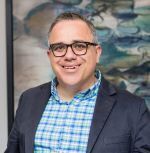 Ryan McKeen
Ryan McKeenRyan McKeen is a nationally recognized attorney based in Connecticut who has received numerous accolades for his work in personal injury law. He has been honored by the Connecticut Personal Injury Hall of Fame for securing one of the highest settlements in the state. The Connecticut Law Tribune named him to the Personal Injury Hall of Fame. Connecticut Trial Firm was a finalist in the Motorcyclist category, having achieved one of the highest settlements or verdicts in a wrongful death action in a motorcycle case.
In 2016, Ryan was included in the Hartford Business Journal’s “40 under 40” list, which recognizes promising young professionals in the Hartford area. He has been recognized by his peers as a Super Lawyer.
In addition to his legal work, McKeen contributes to the community. He has supported Achilles International, an organization that helps people with disabilities participate in mainstream running events, and his firm has sponsored local athletics events. He has also spoken nationally at various speaking engagements, sharing his expertise with audiences at law schools and conferences.
McKeen is not only a respected lawyer, but also an author. He has published multiple books, including “Tiger Tactics: Powerful Strategies for Winning Law Firms” and “Empower Yourself: A Practical Guide to Connecticut Personal Injury Law.” He has maintained the American Bar Association’s Top 100 blog, “A Connecticut Law Blog,” for over 13 years, writing over 1,000 posts and making legal knowledge more accessible.
Ryan is most proud of building a law firm that has been recognized for its charitable work and named the 3rd Best Place to Work in Connecticut by the Hartford Business Journal in 2023. He is committed to his clients, his team, and his community.
Ryan received his Bachelor of Arts from Framingham State University and his Juris Doctor from Western New England University.
-
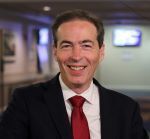 Dean Andrew Perlman
Dean Andrew PerlmanDean Andrew Perlman is a nationally recognized voice on the future of legal education and law practice. He has served in several leadership roles involving the future of legal services, including as:
· Advisory Council member, ABA Task Force on Artificial Intelligence (2023-present)
· Inaugural Chair, Governing Council of the ABA Center for Innovation (2016-18)
· Vice Chair, ABA Commission on the Future of Legal Services (2014-16)
· Chief Reporter, ABA Commission on Ethics 20/20 (2010-13) (responsible for updating the ABA Model Rules of Professional Conduct to reflect changes in technology and increased globalization)Dean Perlman also has held numerous leadership and supporting positions on various other reform initiatives, such as serving as:
· A founding dean of the Advisory Committee of the ABA-Legal Education Police Practices Consortium
· A member of the Law School Admission Council’s Legal Education Program Advisory Committee (developing an alternate pathway to law school admission)
· Co-chair of a Massachusetts Supreme Judicial Court Subcommittee on Alternative Paths to Licensure
· A member of the American Academy of Arts & Sciences Access to Justice Advisory Committee
· A member of the Content Scope Committee of the National Conference of Bar Examiners (NCBE) (advising the NCBE on the content for the next generation of the bar exam).He has written numerous articles on legal ethics that have appeared in some of the nation’s leading law reviews and co-authored a civil procedure casebook that has been adopted at more than 80 law schools. He has served as a presenter or panelist at more than 100 academic, judicial, and other professional programs in more than 20 U.S. jurisdictions, four continents, and six countries.
Prior to entering academia, Dean Perlman clerked for a federal district court judge in Chicago and practiced as a litigator there. He is an honors graduate of Yale College and Harvard Law School, and he received his LL.M from Columbia Law School.
-
 Jacqueline Schafer
Jacqueline SchaferJacqueline Schafer is the founder and CEO of Clearbrief, which won Litigation Technology Product of the Year at Legalweek 2023. Schafer was named to the American Bar Association’s “2022 Women of Legal Tech” list, the 2022 Fastcase 50, Honoring ‘Innovators, Techies, Visionaries and Leaders’ in Law, and also received the 2021 Washington State Bar APEX Award for Legal Innovation for founding Clearbrief as well as for her 2020 law review article ("Harnessing AI for Struggling Families").
Jacqueline began her career as a litigation associate at the New York law firm of Paul, Weiss, and spent the majority of her career as an Assistant Attorney General in the Washington and Alaska Attorney General’s Offices, where she specialized in appellate practice and complex litigation. Before founding Clearbrief in 2020, she also served as in-house counsel for the national nonprofit Casey Family Programs. She received her B.A. in English and French from the University of Pennsylvania (where she sang with John Legend's former a cappella group!), and her J.D. from Boston University School of Law.
-
 Professor Gabriel Teninbaum
Professor Gabriel TeninbaumGabe Teninbaum is the Assistant Dean for Innovation, Strategic Initiatives and Distance Education, as well as a tenured professor, at Suffolk University Law School in Boston. Among other responsibilities, he leads the #1 ranked legal tech program in the nation, as ranked on multiple occasions by National Jurist Magazine. In addition to his work at Suffolk Law, Gabe has held appointments as a Faculty Associate at the Berkman-Klein Center for Internet & Society at Harvard University, as a Visiting Professor at the MIT Media Lab, and, since 2017, has been a Visiting Fellow at the Yale Law School Information Society Project. He has been called “perhaps the most tech-savvy law professor in the nation” by the ABA Journal.
-
 Wendell Wallach
Wendell WallachWendell Wallach is an internationally recognized expert on the ethical and governance concerns posed by emerging technologies, particularly artificial intelligence and neuroscience. Wallach is a consultant, ethicist, and scholar at Yale University's Interdisciplinary Center for Bioethics, and a senior advisor to The Hastings Center. He is also a fellow at the Center for Law, Science & Innovation at the Sandra Day O'Connor School of Law (Arizona State University) and a fellow at the Institute for Ethics & Emerging Technology. At Yale, Wallach chairs the Center's working research group on Technology and Ethics and is a member of other research groups on Animal Ethics and End of Life Issues. Wallach is the Carnegie-Uehiro fellow at Carnegie Council for Ethics in International Affairs, where he co-directs the Artificial Intelligence & Equality Initiative (AIEI). Wallach is also a scholar with the Lincoln Center for Applied Ethics.
Wendell Wallach's book A Dangerous Master: How to keep technology from slipping beyond our control was published in June 2015. He also co-authored (with Colin Allen, Indiana University) Moral Machines: Teaching Robots Right From Wrong, which mapped the then new field of enquiry variously called machine ethics, machine morality, computational morality, or friendly AI. In addition, Wendell is a series editor for the eight Volume Library of Essays on the Ethics of Emerging Technology, and has also authored dozens of article in professional journals.
Mr. Wallach has an international reputation as an expert on the ethical and governance concerns posed by emerging technologies, particularly artificial intelligence and neuroscience. He was featured along with Honda's Asimov in the award-winning short film Living with Robots, and has been interviewed and quoted often in leading news media including The New York Times, The Wall Street Journal, and BBC News. He has also been interviewed on MSNBC, FOX, the FOX Business Channel, PBS and countless national and local radio shows. He received the World Technology Network award for Ethics in 2014 and for Journalism and Media in 2015, as well as a Fulbright Research Chair at the University of Ottawa for 2015-2016. The World Economic Forum appointed Mr. Wallach co-chair of its Global Future Council on Technology, Values, and Policy for the 2016-2018 term.
Formerly, he was a founder and the President of two computer consulting companies, Farpoint Solutions and Omnia Consulting Inc. Among the clients served by Mr. Wallach's companies were PepsiCo International, United Aircraft, and the State of Connecticut.


